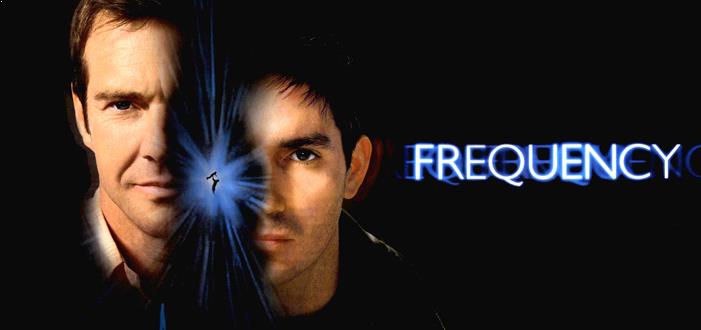
Frequencies
Frequencies attempts to examine the role fate plays in each person’s destiny. And ultimately, how much freedom we genuinely have in determining each of our lives. It’s complicated to live in a world which is infinitely out of our control, and what little part we do have control over, it often conflicts and interferes with the world’s intentions. It is as if we are continuously struggling against the current, assuming we are trying to become what we want to be versus what the world finds convenient. This is the central feature of heroism and the ultimate mediation on the human condition. For too seldom do we fail to achieve our ends, despite the tireless effort to hit the target.
Here, we have the self-fulfilling prophesy of a person’s fate determined by their tuning with nature. A higher tuned person will have, practically speaking, and easier life. Gladly, however, we do not see resentment from the unequal distribution of frequencies in humanity. In fact, the lowest tuned individual gladly accepts his state, and once accepting, he seeks to overcome it. This is the hero’s journey, and he seeks to achieve his goal not because it is an end in itself, but for love, for the affection of a woman. This woman appears to be the luckiest person in the entire world, yet we cannot see how this impacts her contributions to the world. We don’t see her tuning gratifying anything else other than herself.
But the focus is on not how tuning is used, but rather, how the unlucky tries to change his fortune. Trying in other words to overcome his fate. In a bizarre twist, his efforts are actually toward fulfilling the woman’s own desires, exactly how nature intended. Meaning he did not actually escape his fate by battling it – he merely fulfilled his subservience. And he appears content with the results because it helped him achieve his desires anyhow.
This is a troubling conclusion with the film, yet it tries to provide hope to this frankly bleak picture of a clockwork universe by uttering the imagined concept of the soul. In this world, everything is predictable, meaning free will is an illusion. Meaning, the best one can achieve as a human is a contentment with their fate. This conclusion is actually very Oriental and is reminiscent of The Bhagavad Gita’s conclusion especially. That hero settles. The Western hero, however, is never content until he wills his world into being. Even when he fails, the Ancient Greeks celebrated his effort to defy the gods versus submit to their ordinances.
What makes humanity so remarkable and a miraculous part of creation is in its ability to overcome the insurmountable. It is in its ability to will a new course of humanity. It is, in other words, the ability to freely create one’s fate which does not necessarily contradict the world’s plans, i.e. its teleolgoy. Western Heroism then is more finely tuned to the story of man.
Grade: B+

